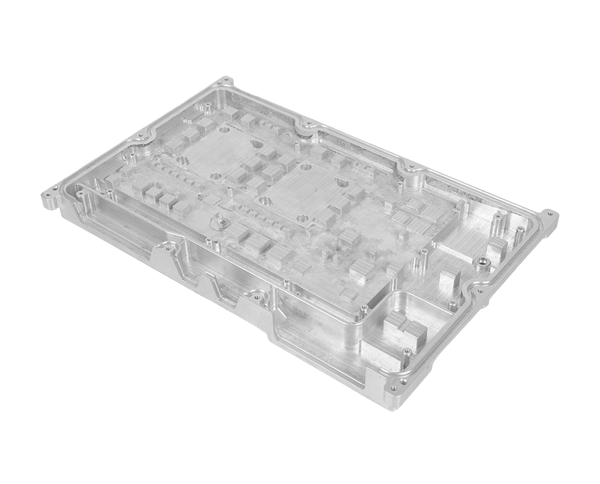2025-02-22 hits:0 source:News

Aluminum die - castings are widely used in various industries due to their excellent casting properties, high strength - to - weight ratio, and good thermal conductivity. However, one of the challenges associated with aluminum die - castings is their susceptibility to corrosion. Improving the corrosion resistance of aluminum die - castings is crucial to ensure their long - term performance and durability.
Surface treatment is a primary method to enhance the corrosion resistance of aluminum die - castings. Anodizing is a popular surface treatment process. During anodizing, an oxide layer is formed on the surface of the aluminum casting. This oxide layer acts as a protective barrier, preventing the underlying aluminum from coming into direct contact with corrosive substances. For example, in an acidic environment, the anodized oxide layer can resist the attack of acid ions, thus protecting the aluminum substrate. The thickness and quality of the anodized layer can be adjusted according to the specific application requirements. A thicker anodized layer generally provides better corrosion resistance but may also increase the production cost.
Another effective surface treatment is powder coating. Powder coating involves applying a dry powder paint to the surface of the aluminum die - casting and then curing it under heat. The powder - coated layer not only provides a decorative finish but also offers excellent corrosion protection. It can seal the surface of the casting, preventing moisture, oxygen, and other corrosive agents from reaching the aluminum. Powder coatings are available in a wide range of colors and textures, making them suitable for various aesthetic requirements in different industries.
In addition to surface treatments, alloying elements can also play a significant role in improving the corrosion resistance of aluminum die - castings. Adding elements such as magnesium, silicon, and copper to the aluminum alloy can change its microstructure and electrochemical properties. Magnesium, for instance, can enhance the corrosion resistance by forming a more stable oxide film on the surface. Silicon can improve the strength and hardness of the alloy while also contributing to better corrosion resistance in some cases. However, the addition of alloying elements needs to be carefully balanced, as excessive amounts may lead to other issues such as reduced castability or increased brittleness.
Proper design and manufacturing processes also impact the corrosion resistance of aluminum die - castings. Avoiding sharp corners and crevices in the design can prevent the accumulation of corrosive substances, which are more likely to cause localized corrosion. During the manufacturing process, ensuring a high - quality casting with minimal porosity and defects is essential. Porosity can provide pathways for corrosive agents to penetrate into the interior of the casting, accelerating the corrosion process. By using advanced casting techniques and quality control measures, the integrity of the aluminum die - casting can be maintained, thereby enhancing its corrosion resistance.
Read recommendations:
lf you have any questions or comments, you can leave us a message and we will reply to you as soon as possible
